
Photo
State and County Fair competitions were an important way for farmers to exchange information about their crops and livestock. Until the 1960s, separate segregated fairs were held, both in individual...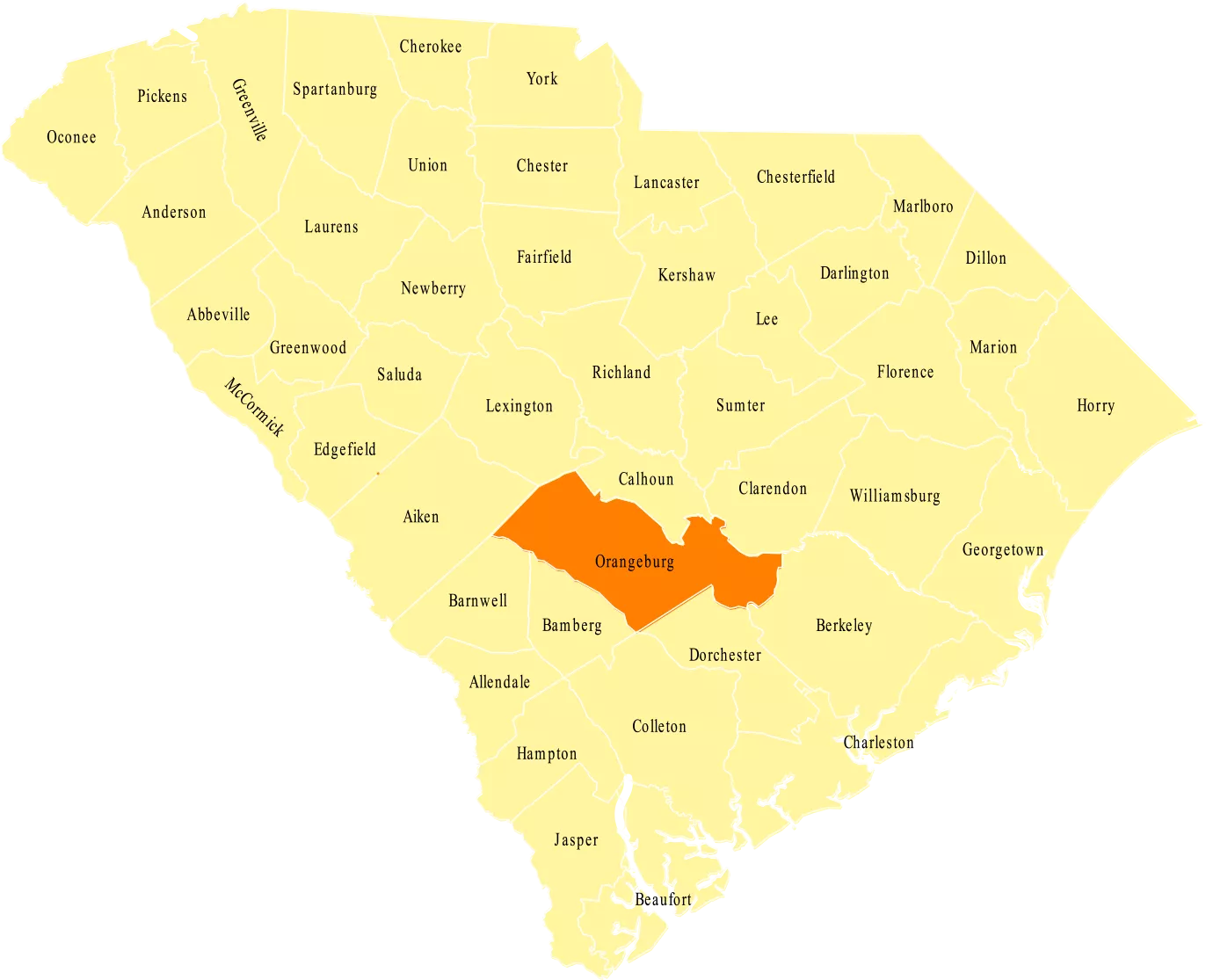
Orangeburg County was founded as Orangeburg District in 1769. The county and county seat’s namesake was William IV, otherwise known as the Prince of Orange. Notable residents include Tony, Grammy, and Emmy nominee Eartha Kitt.
The lands now known as Orangeburg County were first settled by Swiss and German farmers in the early 18th century, with English settlers from the Lowcountry arriving soon after. In the 19th and 20th centuries, the district became smaller as lands were taken to create the Barnwell and Lexington Districts as well as Aiken and Calhoun counties.
Both the Revolutionary War and the Civil War had an impact on the county. The last battle of the Revolutionary War fought in South Carolina, the battle of Eutaw Springs, occurred in Orangeburg County. Additionally, Sherman’s troops traveled through the county during the Civil War. Orangeburg County also made history as the home of South Carolina’s first railroad junction in 1840. Unfortunately, the county is likely best known for the Orangeburg Massacre, when South Carolina police killed three South Carolina State College students involved in a civil rights demonstration in 1968.
In the 19th century, large cotton plantations began to appear in Orangeburg County, and cotton remains one of the main crops grown in the area. Recently, the economy has experienced growth due to its location between Columbia and the port of Charleston. Record-breaking development has occurred in industry, especially manufacturing, as well as retail.
About Eartha. Accessed June 10, 2016. http://www.earthakitt.com/eartha/
Economic Development. Accessed June 10, 2016. http://www.orangeburgchamber.com/
Welcome to Orangeburg County. Accessed June 10, 2016. http://www.orangeburgcounty.org/

Photo
State and County Fair competitions were an important way for farmers to exchange information about their crops and livestock. Until the 1960s, separate segregated fairs were held, both in individual...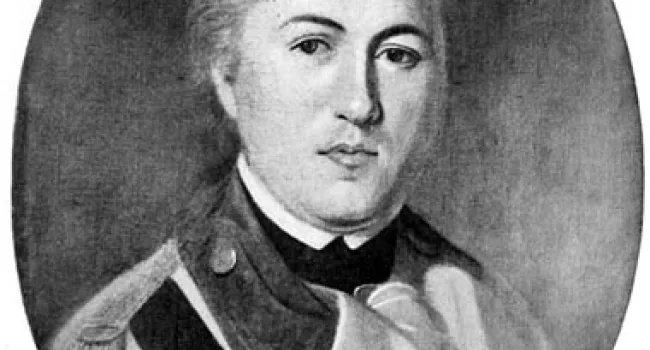
Photo
Henry "Light Horse Harry" Lee (1756-1818), a native Virginian, helped to gain an important American victory at the Battle of Eutaw Springs in September 1781. Appointed a Captain in the Virginia...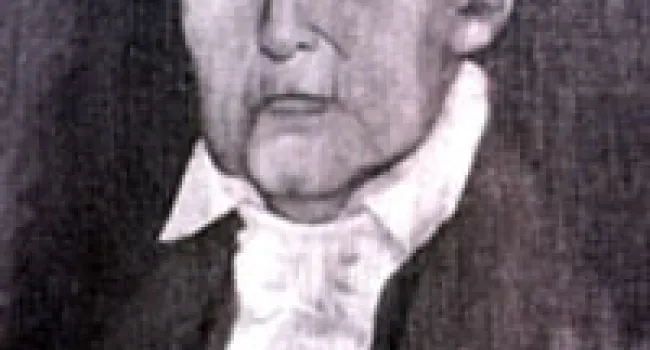
Photo
Tarleton Brown (1756-1845) served as a Captain in the Revolutionary army, and as a scout in Georgia and South Carolina for the remainder of the war in the South, later publishing an eyewitness account...
Audio
This recording consists of songs predominately created, nurtured, and encouraged by Black Americans. "Negro" spirituals are musical derivations of Africanic arts coupled with the love, power, and...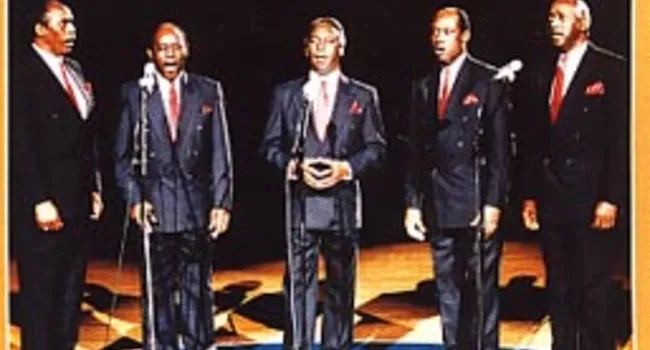
Audio
This recording consists of songs predominately created, nurtured, and encouraged by Black Americans. "Negro" spirituals are musical derivations of Africanic arts coupled with the love, power, and...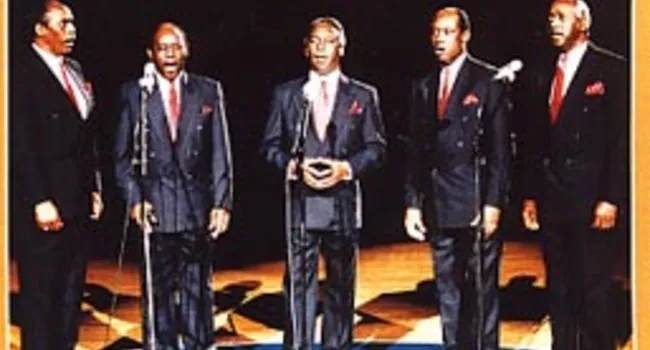
Audio
This recording consists of songs predominately created, nurtured, and encouraged by Black Americans. "Negro" spirituals are musical derivations of Africanic arts coupled with the love, power, and...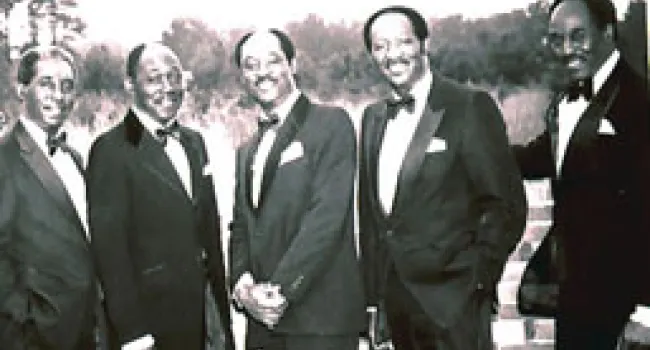
Photo
The Jarvis Brothers of Orangeburg County are the living continuation of the Jubilee style of a cappella gospel singing that was immensely popular before World War II. Organized and arranged by their...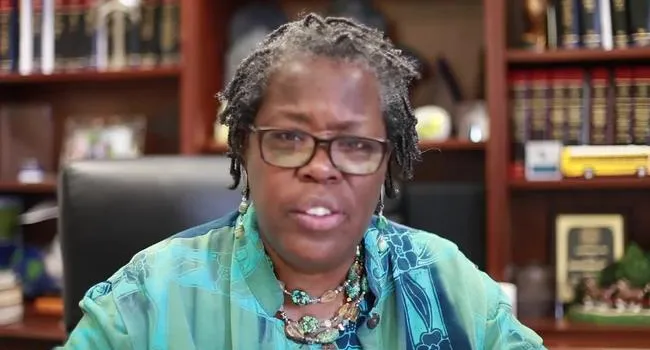
Video
Representative Gilda Cobb-Hunter is an innovative and dynamic leader who has dedicated her life to helping people and standing up for what is right. Elected to the South Carolina State House of...
Photo
In 1968, Sellers was then a student at Harvard University. He was visiting Orangeburg as a recruiter for the Student Nonviolent Coordinating Committee (SNCC). On the night of February eighth, he...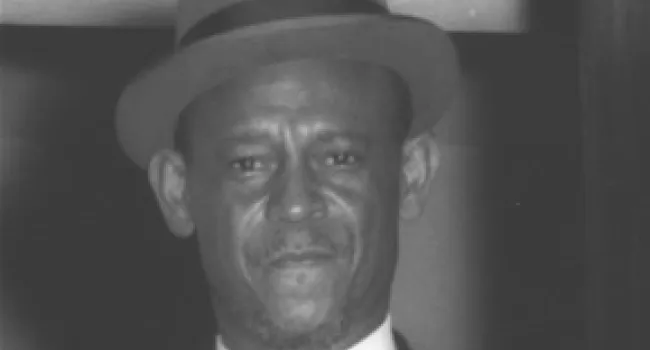
Photo
Born in Darlington County, the Rev. Isaiah DeQuincey Newman was one of South Carolina's most respected leaders. For more than 40 years he was one of the most influential leaders in the civil rights...